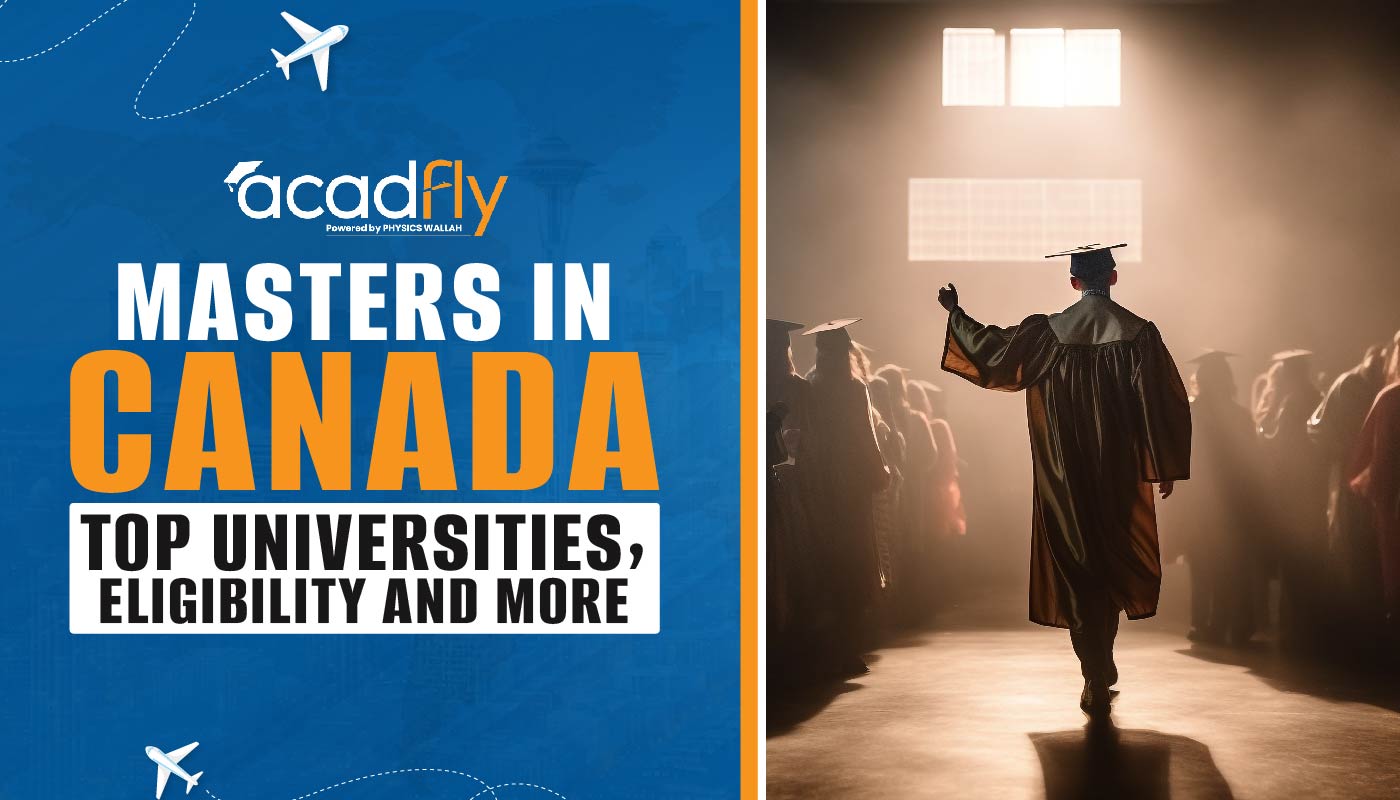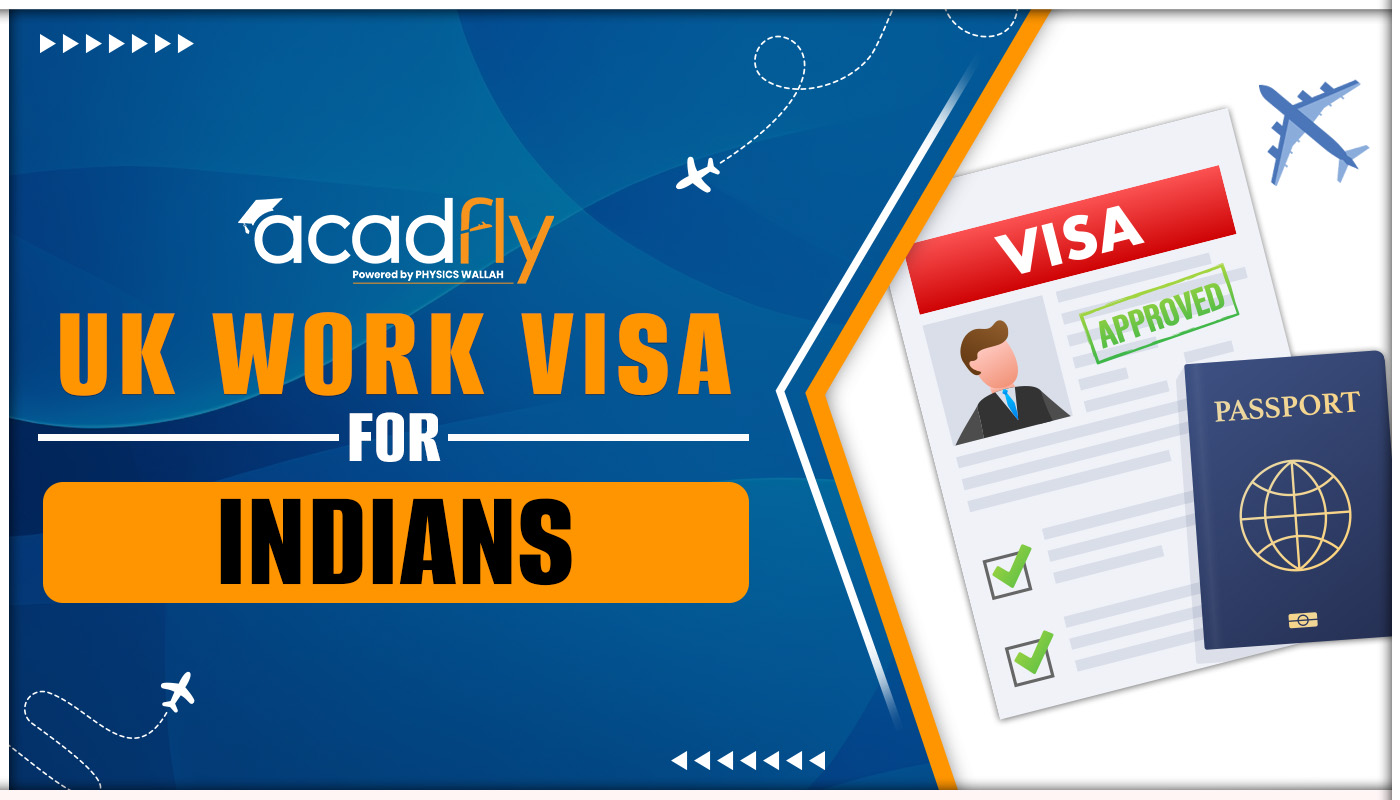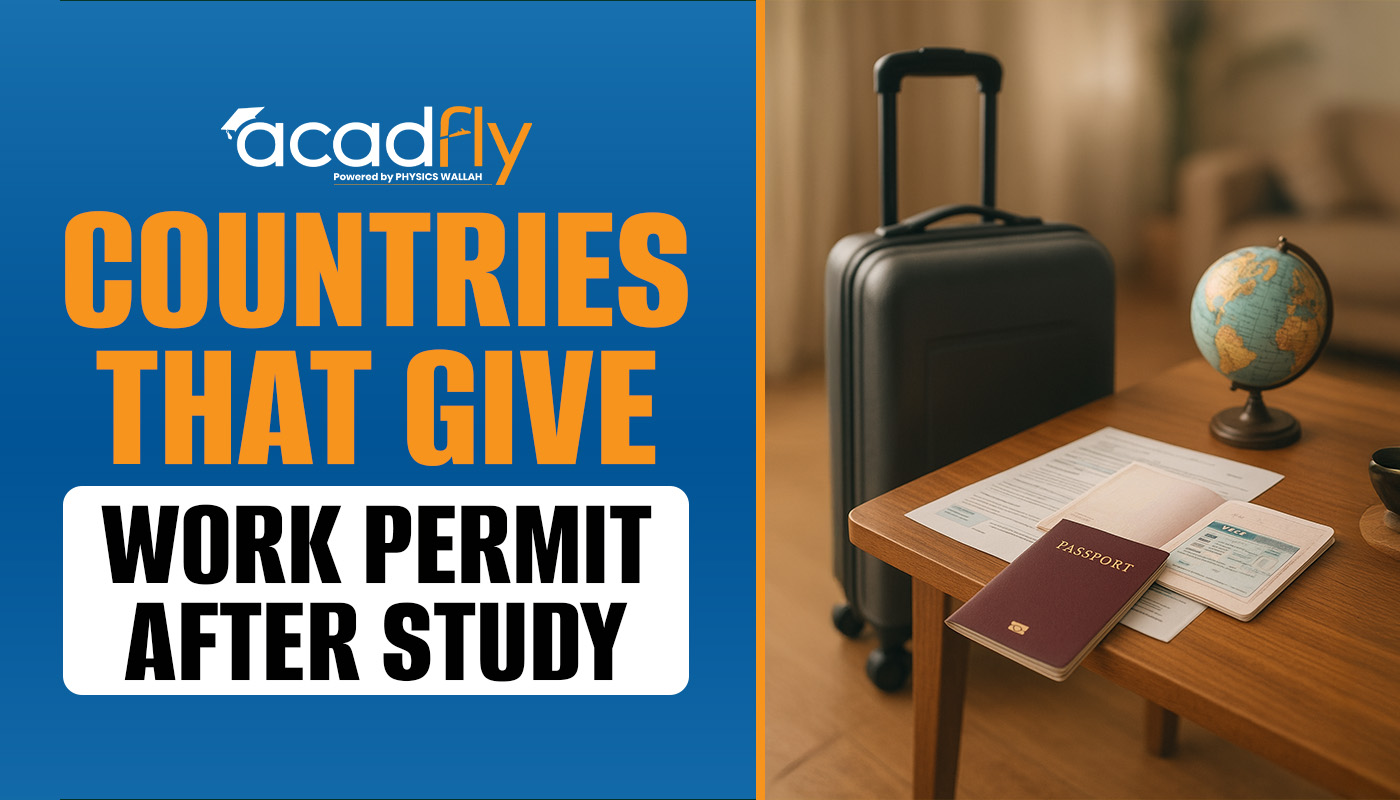
Mannheim Business School (MBS), the management education hub of the University of Mannheim, offers diverse programs, including full-time and part-time MBAs, Executive MBAs (with ESSEC & TONGJI partnerships), and master’s degrees in Accounting, Taxation, Management, and Analytics. Located in Mannheim Palace, Germany, it serves over 60% international students with small class sizes averaging 30–60 participants. Renowned for its excellence, MBS is ranked among Europe’s top business schools and is triple-accredited by EQUIS, AACSB, and AMBA. Its legal form is a non-profit Ltd, owned by the University of Mannheim and the Prechel Foundation. Non-degree offerings include Executive Education and Digital Learning, under the leadership of Jens Wüstemann since 2010.
Facts About Manheim Business School:
-
Type: Mannheim Business School is a premier business school dedicated to management education and leadership development.
-
Established: Founded in 2005, it quickly gained recognition as one of Europe’s leading business schools.
-
Dean: Jens Wüstemann has served as the school’s Dean since its inception, providing strategic direction and leadership.
-
Academic staff: With a strong team of 180 academic professionals, the school ensures high-quality education and research.
-
Postgraduates: The institution hosts 650 postgraduate students, offering a vibrant and diverse academic community.
-
Location: Located in Mannheim, Baden-Württemberg, Germany, it is situated at Mannheim Palace, a historic baroque landmark.
-
Campus: The urban campus at Mannheim Palace provides a unique blend of historical architecture and modern facilities.
-
Colors: The school’s official colors, blue and white, symbolize its commitment to excellence and professionalism.
-
Affiliations: Mannheim Business School is affiliated with the University of Mannheim, the Prechel Foundation, and prestigious accreditation bodies like EQUIS, AACSB, and AMBA.
-
Website: For more information, visit the school’s official website at mannheim-business-school.com.
Manheim Business School: Campus
Mannheim Business School (MBS) is located in the historic Mannheim Palace, one of the largest baroque castles in Europe, situated in Mannheim, Baden-Württemberg, Germany. The palace provides a distinctive setting for the school’s campus, blending the grandeur of 18th-century architecture with state-of-the-art facilities designed for modern management education. Its urban location places the campus in close proximity to Mannheim’s vibrant city life, offering students easy access to cultural landmarks, dining options, and business hubs. The unique combination of historical significance and contemporary infrastructure creates a rich environment for learning and personal growth.
The campus is equipped with advanced classrooms, collaborative spaces, and technology-driven resources to support diverse teaching methods and research activities. Students benefit from the serene ambiance of the palace grounds while engaging in a rigorous academic experience. Additionally, the campus fosters a strong sense of community among students and faculty, with its compact layout promoting interaction and networking. Mannheim’s excellent transportation network further enhances the campus experience, ensuring seamless connectivity for international and domestic students alike.
Manheim Business School: Eligibility Criteria
Mannheim Business School (MBS) maintains a rigorous selection process to ensure candidates meet the high standards required for its programs. Applicants must demonstrate a strong academic background, relevant work experience, and language proficiency. Additionally, standardized test scores and supplementary documents play a crucial role in evaluating a candidate’s potential. Below is a detailed explanation of the key eligibility criteria at MBS.
Academic Qualifications
To qualify for MBS programs, candidates must hold a recognized bachelor’s degree in any field of study. A strong academic record demonstrates the ability to handle rigorous coursework. Certain master’s programs may require specific technical knowledge or prior coursework. Official transcripts and proof of degree completion are essential for the application process.
Work Experience
Most MBA and Executive MBA programs at MBS require applicants to have 2–5 years of professional experience. This ensures participants bring practical insights and diverse perspectives to the classroom. Candidates with leadership roles or project management experience are given preference. However, master’s programs may not mandate prior work experience, making them accessible to fresh graduates.
Language Proficiency
Proficiency in English is mandatory for all programs, as classes are conducted in English. Applicants must provide proof of language skills through standardized tests like TOEFL (minimum 95 iBT) or IELTS (minimum 7.0 overall). Exemptions are available for candidates from English-speaking countries. While not required, knowledge of German can enhance the overall student experience in Germany.
GMAT/GRE Scores
For MBA programs, competitive GMAT or GRE scores are an important part of the application. These scores help assess the analytical and critical thinking abilities of candidates. The average GMAT score for successful applicants is around 650, though some programs may waive this requirement for individuals with exceptional work experience. Official test scores must be submitted directly to the school.
Additional Requirements
Applicants must submit a statement of purpose detailing their career goals and reasons for choosing MBS. Two letters of recommendation, preferably from professional or academic referees, are required to vouch for the candidate’s abilities. The application process also includes an online form and an admission interview, which provides an opportunity to evaluate the applicant’s fit for the program.
Courses and Academic Programs at Manheim Business School
Mannheim Business School (MBS) offers a wide range of programs designed to cater to diverse professional goals and academic interests. The programs are tailored for full-time students, working professionals, and executives seeking to advance their careers. Each course emphasizes practical learning, global perspectives, and innovation. Below is a detailed table showcasing the key courses and academic programs at MBS.
|
Program Type |
Program Name |
Mode of Study |
Target Audience |
|
MBA Programs |
Mannheim Full-Time MBA |
Full-Time |
Early to mid-career professionals |
|
MBA Programs |
Mannheim Part-Time MBA |
Part-Time |
Working professionals |
|
Executive MBA Programs |
Mannheim Executive MBA |
Part-Time |
Senior professionals |
|
Executive MBA Programs |
ESSEC & Mannheim Executive MBA |
Modular/Weekend |
Global executives |
|
Executive MBA Programs |
Mannheim & TONGJI Executive MBA |
Modular |
Executives in Asia and Europe |
|
Master’s Programs |
Master in Management and Analytics |
Full-Time |
Recent graduates and analysts |
|
Master’s Programs |
Master in Accounting and Taxation |
Full-Time/Part-Time |
Aspiring accountants and tax experts |
|
Digital Programs |
Online Executive Education |
Online |
Professionals in leadership |
|
Short-Term Programs |
Executive Education (customized) |
Modular/Online |
Organizations and teams |
|
Certificates |
Certificate in Leadership Development |
Hybrid |
Aspiring and current leaders |
Step-by-Step Admissions Process at Manheim Business School
Mannheim Business School (MBS) follows a structured admissions process to ensure that the most qualified and motivated candidates are selected for its programs. The process is designed to evaluate an applicant's academic achievements, professional experience, and potential to thrive in a global learning environment. Below is a step-by-step guide to the MBS admissions process.
Step 1: Online Application
The first step involves completing the online application form available on the MBS website. Applicants need to upload essential documents and provide accurate details about their academic and professional background.
-
Fill out the online application form on the official MBS website.
-
Attach required documents, such as transcripts, test scores, and a resume.
Step 2: Submission of Required Documents
All applicants must submit supporting documents to demonstrate eligibility and readiness for the program. These documents play a crucial role in the preliminary evaluation.
-
Provide certified copies of academic transcripts and degree certificates.
-
Submit proof of English proficiency (TOEFL/IELTS) and GMAT/GRE scores if applicable.
Step 3: Statement of Purpose and Recommendations
Candidates must present a compelling statement of purpose (SOP) and provide letters of recommendation to strengthen their application.
-
Write a detailed SOP explaining career goals and motivation for applying.
-
Obtain two letters of recommendation from professional or academic referees.
Step 4: Application Fee Payment
Applicants are required to pay a non-refundable application fee as part of the process. This fee ensures that the application is processed promptly.
-
Check the specific application fee amount for your chosen program.
-
Pay the fee online using the designated payment methods.
Step 5: Application Review
The admissions committee reviews each application to assess the candidate’s eligibility and overall profile. Shortlisted candidates are notified for further steps.
-
The review focuses on academic qualifications, work experience, and other criteria.
-
Shortlisted applicants are informed via email.
Step 6: Interview Process
Shortlisted candidates are invited for an interview, which may be conducted online or in person. This step assesses the candidate’s suitability for the program.
-
Prepare for questions about your academic and professional background.
-
Demonstrate motivation, leadership potential, and cultural fit.
Step 7: Final Decision and Offer
After the interview, the admissions committee makes a final decision and communicates the outcome to the applicant. Successful candidates receive an official offer letter.
-
Decision notifications are sent via email within a specified timeframe.
-
Accepted candidates receive instructions for the next steps.
Step 8: Acceptance and Enrollment
Upon receiving the offer letter, candidates must formally accept it and complete the enrollment process to secure their place.
-
Submit the signed acceptance form along with a deposit fee.
-
Complete any additional administrative requirements.
Step 9: Visa Application
International students must apply for a visa to study in Germany. MBS provides guidance and necessary documentation for this process.
-
Gather required documents such as the offer letter and proof of funds.
-
Apply for a student visa at the nearest German consulate or embassy.
Step 10: Orientation and Program Start
Before classes begin, new students attend an orientation session to familiarize themselves with the campus, faculty, and resources.
-
Participate in orientation events to meet peers and faculty members.
-
Begin the program with a clear understanding of academic and program expectations.
Career Prospects and Employment Opportunities After Graduation from Manheim Business School
Graduates of Mannheim Business School (MBS) enjoy excellent career prospects, thanks to the school’s strong industry connections and global reputation. MBS programs emphasize practical learning, leadership development, and networking, equipping students with the skills to thrive in competitive job markets. Alumni frequently secure roles in prestigious organizations across industries worldwide. Below is a table highlighting the career prospects and employment opportunities available to MBS graduates.
|
Industry |
Common Job Roles |
Top Employers |
Average Starting Salary |
|
Management Consulting |
Consultant, Project Manager |
McKinsey, BCG, Bain |
€80,000–€120,000 per year |
|
Finance |
Investment Banker, Analyst |
Goldman Sachs, Deutsche Bank |
€75,000–€110,000 per year |
|
Technology |
Product Manager, Data Analyst |
Google, SAP, Amazon |
€70,000–€100,000 per year |
|
Marketing |
Brand Manager, Digital Strategist |
Procter & Gamble, Unilever |
€60,000–€90,000 per year |
|
Healthcare and Pharma |
Strategy Consultant, Manager |
Roche, Bayer |
€65,000–€95,000 per year |
|
Automotive |
Business Development Manager |
Mercedes-Benz, BMW |
€70,000–€100,000 per year |
|
Entrepreneurship |
Startup Founder, Business Owner |
Various Startups |
Varies significantly |
|
Energy and Sustainability |
Sustainability Analyst, Manager |
Siemens, BASF |
€60,000–€85,000 per year |
|
Public Sector and NGOs |
Policy Analyst, Program Manager |
UN, European Commission |
€50,000–€80,000 per year |
|
Academia and Research |
Lecturer, Research Fellow |
Universities, Think Tanks |
€45,000–€70,000 per year |
Scholarships and Financial Aid Opportunities at Manheim Business School
Mannheim Business School (MBS) offers a variety of scholarships and financial aid options to support students in funding their education. These financial opportunities are designed to attract talented individuals and help reduce the financial burden of tuition fees. MBS aims to provide equitable access to high-quality education through these offerings. Below are the key scholarships and financial aid opportunities available at MBS.
Scholarships for International Students
MBS offers several scholarships to help international students cover their tuition fees. These scholarships aim to recognize academic excellence and support global talent.
-
Available for full-time and part-time MBA students.
-
Awarded based on merit, academic achievements, and professional background.
-
Scholarships cover a percentage of the tuition fee.
-
Specific eligibility criteria vary by program and scholarship type.
Mannheim Business School Merit Scholarship
This scholarship is awarded to high-achieving candidates who demonstrate exceptional academic performance and leadership potential.
-
Merit-based award for top applicants.
-
Aimed at students with strong academic records and professional achievements.
-
Can be applied to full-time MBA and other postgraduate programs.
-
Helps reduce overall tuition costs for successful candidates.
Financial Aid for Students with Financial Need
MBS also offers financial aid for students who demonstrate a need for financial assistance. These aids are aimed at making education accessible for students from diverse economic backgrounds.
-
Available for both domestic and international students.
-
Requires proof of financial need through documentation.
-
The amount and eligibility are assessed on an individual basis.
-
Aimed at reducing financial barriers for students in need.
Corporate Scholarships and Partnerships
Through partnerships with various corporations, MBS offers additional scholarship opportunities for students employed by these companies.
-
Available for employees of partner companies.
-
Scholarships are provided in collaboration with corporate sponsors.
-
May require candidates to meet specific work experience or company affiliation criteria.
-
Companies may also offer additional funding or sponsorships for their employees' education.
Government Scholarships and Loans
Students at MBS can also access government-funded scholarships and loan programs, depending on their country of origin.
-
Available for both EU and non-EU students.
-
Government-sponsored financial aid may include loans with favorable terms.
-
Eligibility depends on national regulations and student residency.
-
Students should check with their home country's education department for availability.
Alumni Scholarships
MBS offers scholarships to the children of alumni, promoting continued legacy and support for future generations.
-
Awarded to students whose parents are graduates of MBS.
-
Aimed at fostering a connection with the MBS community.
-
Offers a reduction in tuition fees for the duration of the program.
-
Helps strengthen ties between the school and its alumni network.
Early Bird Discount
MBS provides a discount for students who complete their applications early and meet specific deadlines.
-
Available for applicants who submit their documents within the early application deadline.
-
Aimed at encouraging timely application submission.
-
The discount applies to the total tuition fee.
-
Helps students reduce overall costs when planning ahead.
Research Assistantships and Teaching Assistantships
MBS offers positions as research assistants and teaching assistants to graduate students, allowing them to earn a stipend while gaining valuable experience.
-
Provides opportunities for students to work with faculty on research projects.
-
Stipends help offset living and academic costs.
-
Positions are limited and competitive.
-
Available to students in specific programs, typically in the second year.
External Scholarships
In addition to internal MBS scholarships, students are encouraged to apply for external scholarships from various organizations and foundations.
-
Numerous external scholarships are available to both international and domestic students.
-
Offers vary depending on the student's field of study and country of origin.
-
Scholarships can be applied to MBS tuition fees and other educational expenses.
-
MBS helps guide students on how to apply for external financial aid.
Payment Plans and Loan Options
MBS offers flexible payment plans and loan options to help students manage their tuition fees over the course of their program.
-
Payment plans allow students to pay tuition fees in installments.
-
Students can inquire about loan options available through MBS or external institutions.
-
Loan agreements may include favorable interest rates or deferred payment options.
-
Flexible terms make education more financially accessible for all students.
Frequently Asked Questions
1. What programs does Mannheim Business School offer?
2. Is Mannheim Business School accredited?
3. What is the application process for Mannheim Business School?
4. What scholarships are available for international students?
5. What are the career prospects for MBS graduates?









